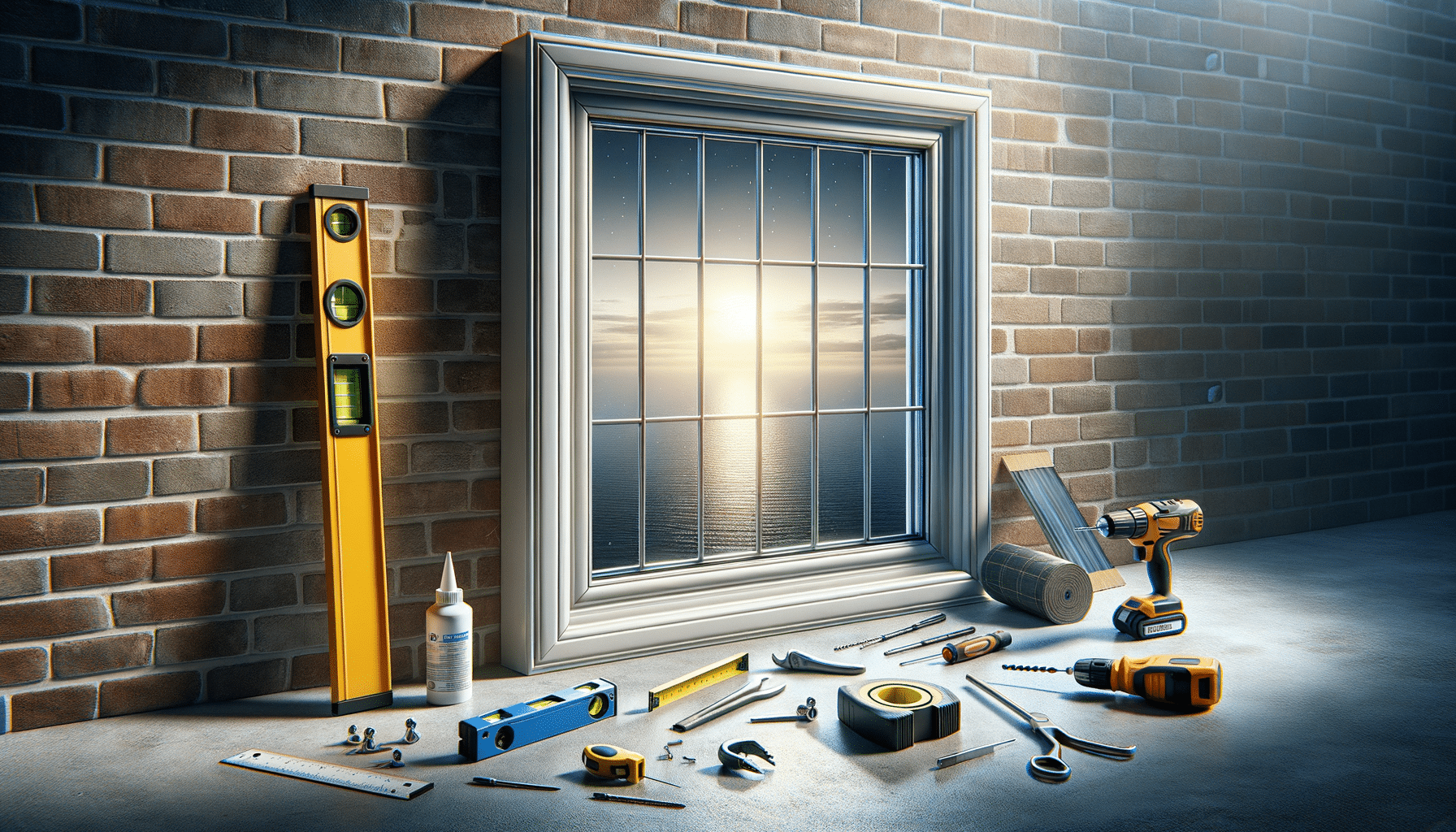
Create Before You Consume: The Art of Protecting Your Ideas
Outline:
- The Hidden Cost of Constant Consumption
- The Brain’s Need for Mental White Space
- What Happens When You Create First
- Simple Ways to Protect Your Creative Window
- Let the Mind Speak Before the World Does
- FAQs
Each morning, we wake up and reach for the world. Before we even sit up in bed, our thumbs are already scrolling—emails, messages, headlines, feeds. And in those first fragile moments of the day, we let the noise in before we’ve heard a single word from ourselves. We consume before we create. But creativity is not a reaction—it is an offering. It needs stillness, space, and above all, time to speak before it’s drowned out. In a world overflowing with input, protecting our mental space has become a radical act of self-respect. To create before you consume is to choose your own voice before echoing someone else’s.
The Hidden Cost of Constant Consumption
On the surface, scrolling feels harmless. A few swipes through your feed, a quick scan of headlines, a video or two. But what seems like a passive act is, neurologically, quite active.
Every piece of content triggers a response—dopamine spikes, emotional shifts, micro-decisions. Your brain is processing and reacting, long before you realize it. The more you consume, the more your internal space becomes cluttered with other people’s voices, opinions, aesthetics, and priorities. Over time, this constant input creates creative fatigue. You become a sponge rather than a source. You feel the urge to create, but you can’t find your own thoughts in the noise. Inspiration becomes comparison. Intuition becomes hesitation.
And the idea that was quietly forming in the morning haze? It’s buried under someone else’s morning routine, productivity hack, or perfectly curated highlight reel.
The Brain’s Need for Mental White Space
Psychologists and neuroscientists have long emphasized the importance of mental white space—the unstructured moments where the brain isn’t absorbing or performing, but simply being. This space is where ideas are born. It’s where your subconscious processes emotions, makes connections, and surfaces insights that structured thinking cannot reach. When you fill that space too early with external input, you’re robbing yourself of this natural rhythm. You’re asking your brain to react before it has time to originate. Creating before you consume means honoring the quiet window in which your original thoughts, ideas, and feelings can rise untouched.
What Happens When You Create First
When you choose to create before you consume—even if it’s just five minutes of journaling, sketching, or capturing an idea—you reclaim your inner voice. You begin the day in a state of expression rather than absorption. This doesn’t mean waiting for brilliance. It means showing up with intention. It means putting a shape to what you’re feeling before the world tells you what to feel. Writers often speak of the first hour of the day as sacred. Artists call the early morning their most fertile time. Entrepreneurs build “no-input” zones into their routines. The reason is the same: clarity arrives before interference. When you give yourself a moment to create in silence, your mind begins to trust that it will be heard. Over time, this trust becomes a channel. The more often you return to it, the more fluid your ideas become.
Simple Ways to Protect Your Creative Window
You don’t need a cabin in the woods or hours of solitude to create before you consume. What you need is a few clear choices:
• Delay the scroll: Commit to 20 screen-free minutes in the morning. Let your first interaction be with your own mind.
• Write one page: Not for anyone else. Just for you. A thought, a feeling, an idea still forming. Let it be messy.
• Make something small: A sketch, a sentence, a sound. Creation doesn’t need to be profound—it only needs to be yours.
• Define your boundary: If mornings don’t work, carve out a different time when you intentionally create before consuming anything new.
The act itself matters more than the outcome. It’s a declaration: My thoughts are worth hearing first.
Let the Mind Speak Before the World Does
The modern world is brilliant at telling us what to think, feel, want, and fear. But beneath the noise, your own voice still exists—quiet, waiting, capable. When you create before you consume, you choose to hear it. You choose to give it space before it’s shaped by someone else’s lens. This is not a rejection of the world, but a return to yourself. To your instinct, your rhythm, your truth. So tomorrow, when the urge to scroll arrives with the sun, pause. Give yourself to the silence. Let your thoughts form, fragile and unfiltered. You may be surprised by what they’ve been waiting to say.
FAQs
Why is creating in the morning more effective than later in the day?
Morning hours are often free of distractions and mental clutter, making them ideal for accessing clearer, more original thoughts before external input sets in.
What if I don’t consider myself a creative person?
Everyone is creative in their own way. Creating simply means expressing your own perspective—through writing, sketching, thinking, planning, or reflecting.
Can I still stay informed and consume content without hurting my creativity?
Yes—consumption isn’t the problem, timing is. When you create first and consume second, you strengthen your internal clarity, making you more resilient to distraction and comparison.

